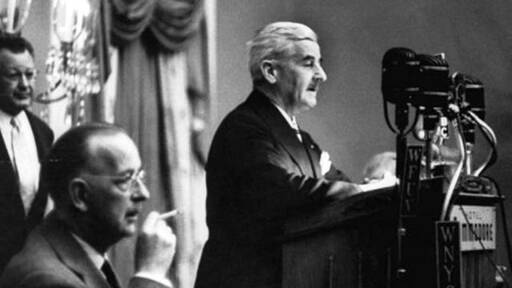A friend sent me a note with the words ‘As a multiple prize winner yourself...’ and a link to this article.
On shining - Roger Rosenblatt in NYT:
‘Each spring brings, along with warm rains and budding flowers, Fulbrights, Rhodeses, Pulitzers and Guggenheims, as well as Oscars, Tonys and Indies — which are thought of so fondly they come with their own nicknames.
Everybody, it seems, loves honors and prizes. And they certainly make for great entertainment. The award ceremonies for literary prizes are usually demure, decorous little things, but award shows on TV are like a country music hoedown. And the Oscars rank so high in the culture that actors measure their worth by rehearsing their acceptance speeches.
Is there anything seriously wrong with all of this? Not that I can see. Winning a prize is an undeniably thrilling, magical thing. It is, in essence, the world’s way of telling you that you’ve done something noteworthy and valuable. It’s your moment to shine.’
(…)
‘A former colleague of mine, the writer Henry Mitchell, once wrote, “The only thing I know about prizes is that Mozart never won one” — implying that prizes are beneath the achievement of the truly divine, who win eternity.’
(…)
‘I believe the singular feeling that comes with winning a prize is a result of the fact that — however great one’s talent may be — no one really thinks he deserves a prize. The event transports you briefly to a world of other people.’
(…)
‘A Nobel or Pulitzer, for instance, says, “Congrats, you’ve hit the jackpot!” while a Fulbright or Rhodes says, “Congrats, you’ve only just begun to live!” A Guggenheim says, “Congrats, good work so far, keep it up!” And then, of course, there are those participation trophies that are offered to everyone and say, in effect, “Congrats, you’re breathing!”
On the positive side, prizes have, over the years, yielded some memorable acceptance speeches — utterances that might not have been made without the occasion of the prize.
At the banquet celebrating the Nobels on Dec. 10, 1950, William Faulkner said that an award should be thought of as for the work, not for the individual — “a life’s work in the agony and sweat of the human spirit … to create out of the materials of the human spirit something which did not exist before.”’
(…)
‘Last week, I received a letter from a writer friend who lamented the trouble he has had getting his work recognized. He said he felt so demoralized that he was going to quit writing altogether.
He won’t, of course; that’s just something writers say. In fact, I suspect a part of him even enjoys being outside the recognizing, awarding world.
Most of the artists I know relish their outsider status, and winning a prize says, among other things, “Welcome to the fold.” Lovely as a prize may be, artists want out — the freedom, independence, orneriness, antagonism, whatever, of being removed from the establishment that, by its very nature, winning a prize welcomes you to.
My friend will stew for a while, and out of that stew will come something beautiful. I’d bet the farm on it (if I had a farm). And if that beautiful thing finally wins him an award, great. And if it doesn’t, who cares? It will still be a beautiful thing, a prize in itself.’
Read the article here.
Great authors never received a Nobel (Nabokov), but needless to say many authors rightly never received a prize.
Also, many people believe that they deserve a prize. I myself thought so occasionally. Not because I believe that I’m that good, just because of the competitors, they are even more mediocre than I am. All kings are one-eyed. Sometimes not even one-eyed.
And also, culture is a competition. Behind the pious speeches, the smooth talk about ideals and inclusion the power games are shining, and they are the players love their as passionately as politicians do. The stakes might be a bit lower, that’s all.
And to avoid misunderstandings, power is not a dirty word.
